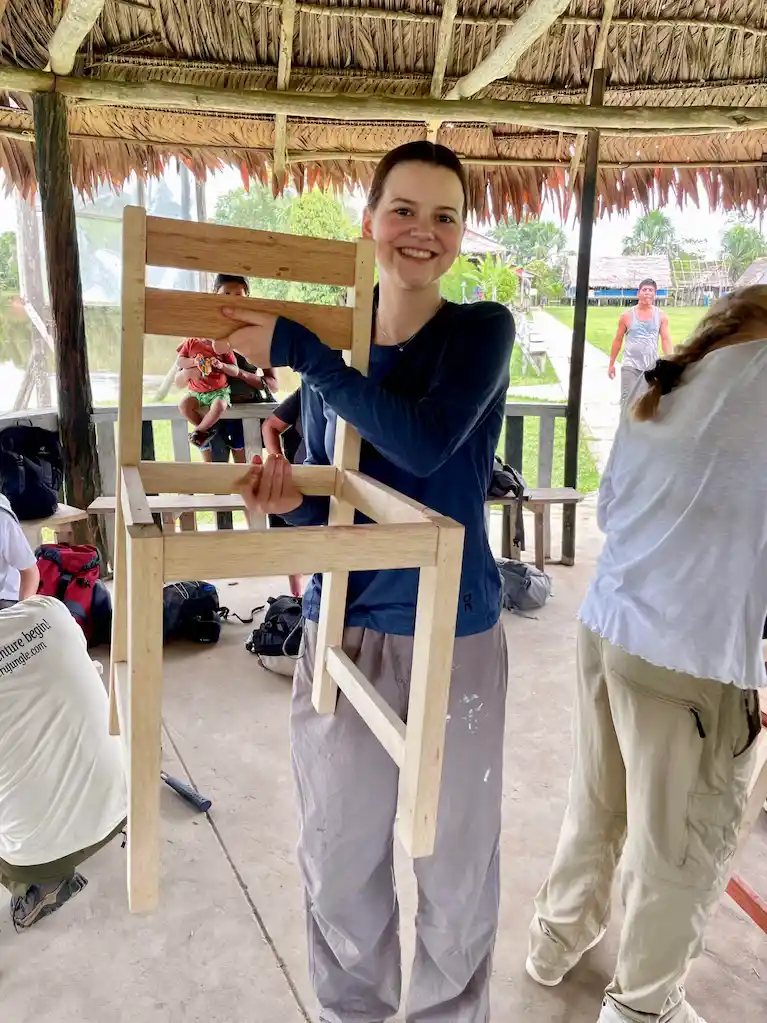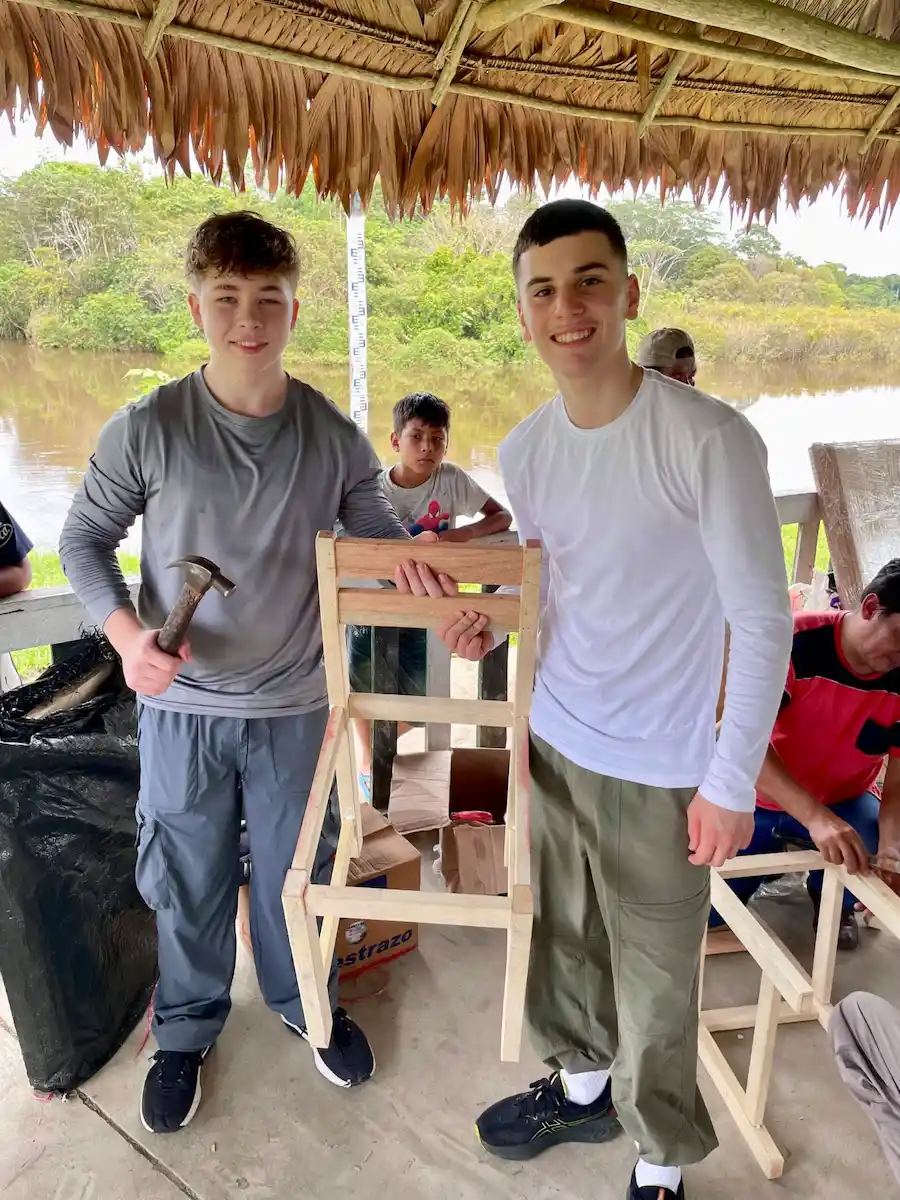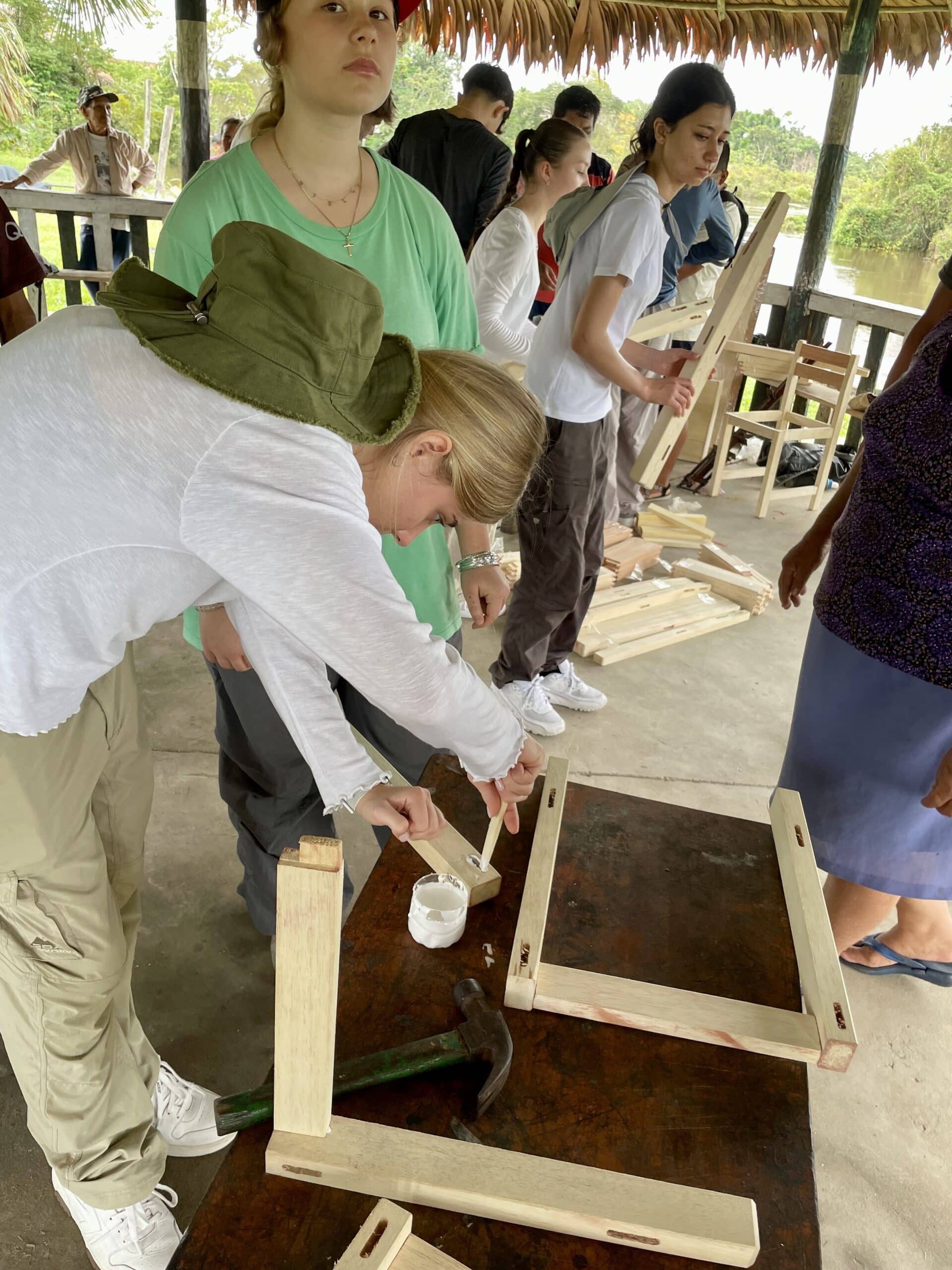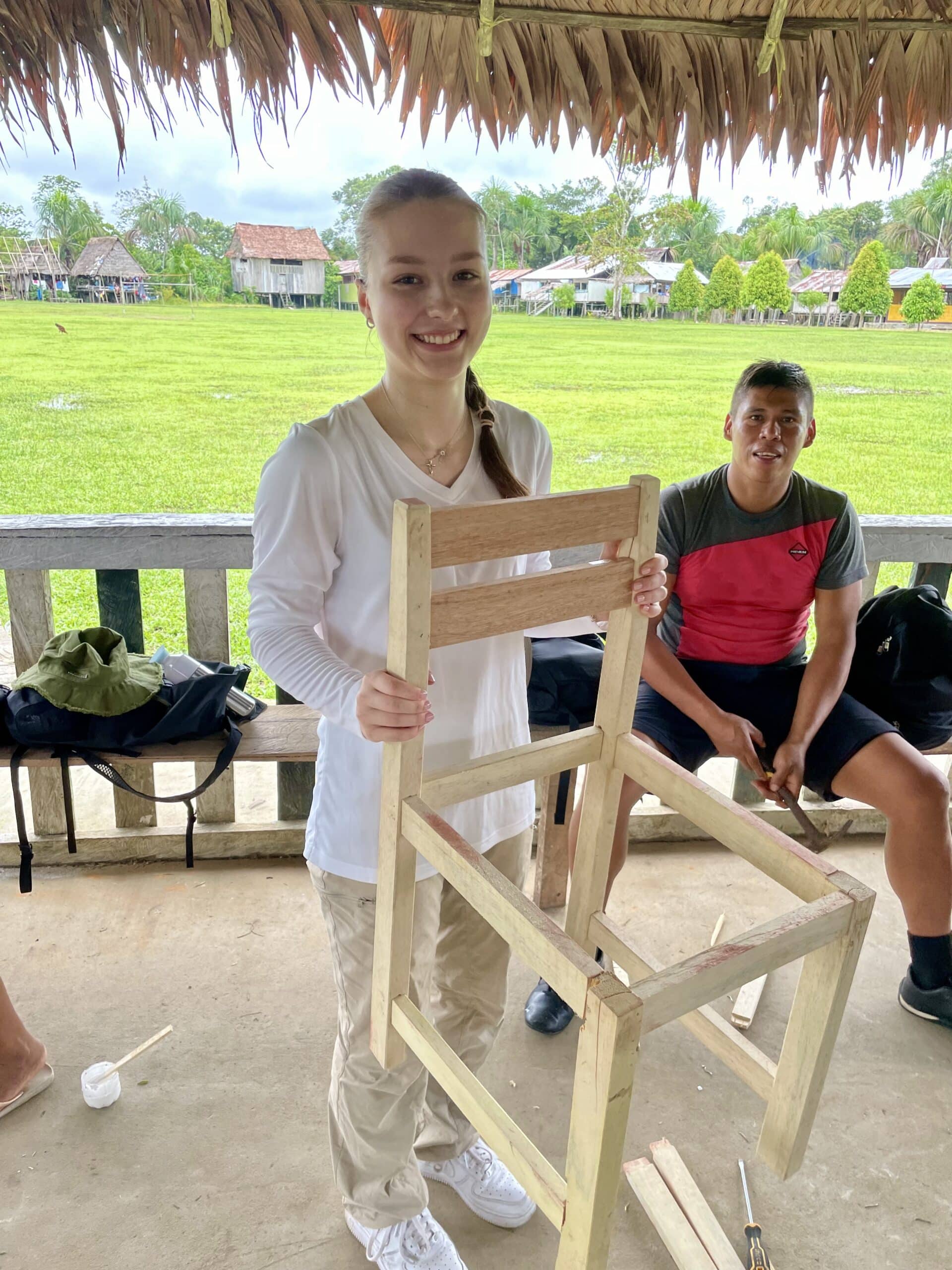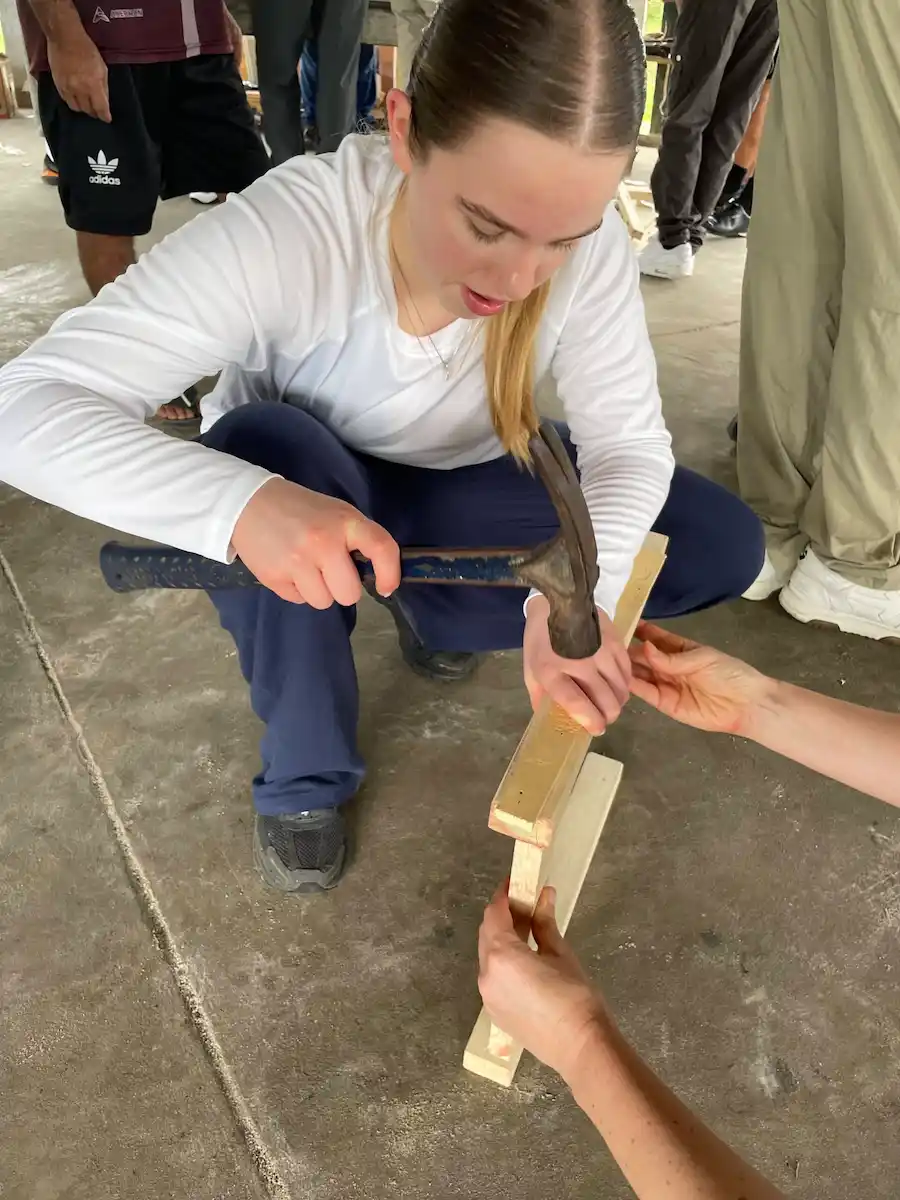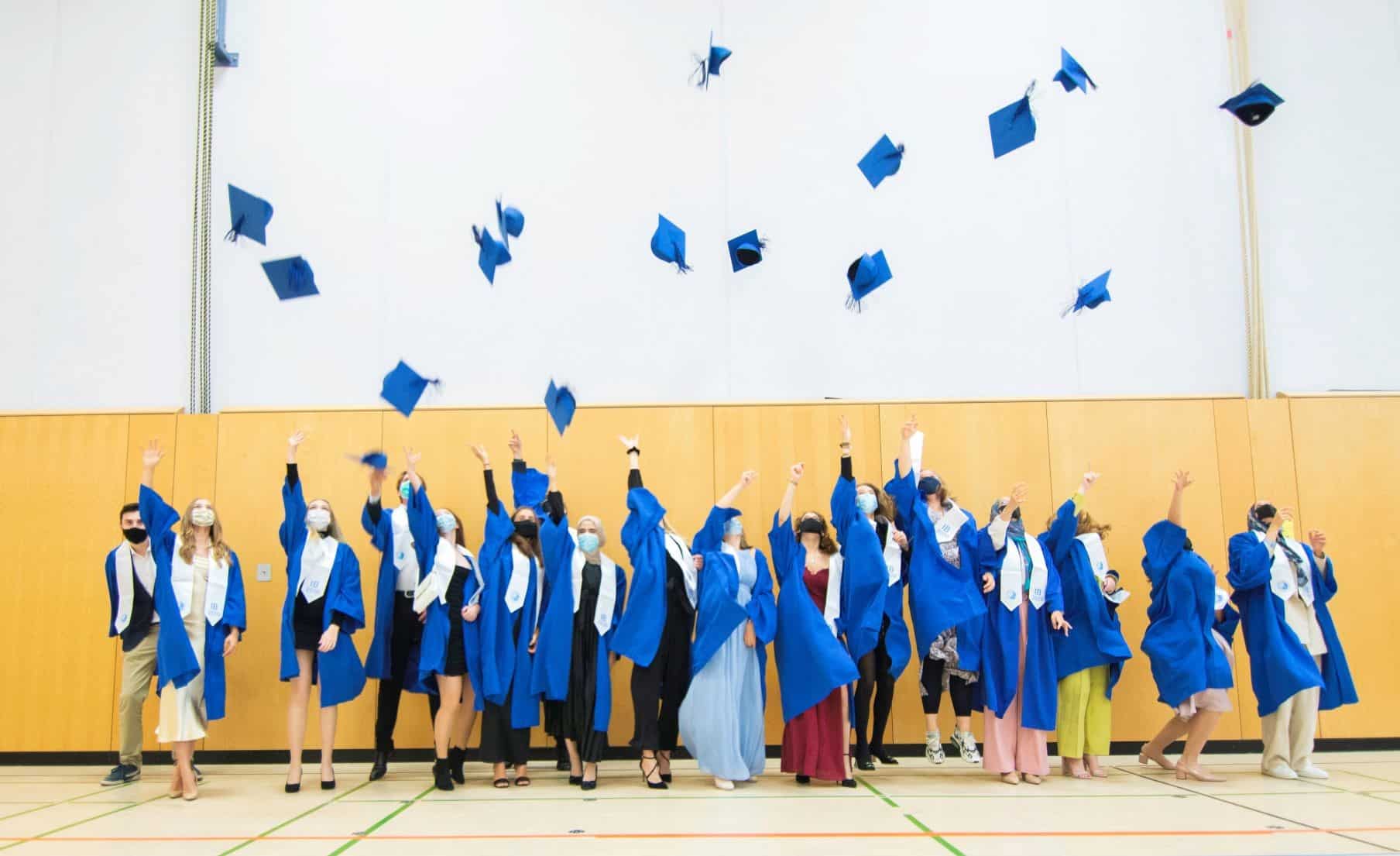
Adapting the IGCSE and IB Diploma programs and exams in the pandemic
Preparing for exams in the new normal – additional student support, stress factors and more
At the International Secondary School of the CIS/IFK, the International General Certificate of Education (IGCSE) and the IB Diploma exams are taken in grades 10 and 12, respectively. Normally – in non-pandemic times – these classes start intensive revision and exam preparation in November, with mock exams taking place in January. Students learn study and exam taking skills in their classes, they receive individual support through coaching and they can also join guided study groups during lesson times, or after school at clinics. Teachers are available for support during school hours through the afternoon. Over the years we have seen many cohorts of students benefiting from in-person revision and assistance opportunities, as well as studying together with their peers; the effectiveness of this is proven in the high scores our students achieve on their exams.
As with so many other aspects of school life, certification classes and exam preparation is something we have had to re-examine and re-invent during the Corona pandemic. How can we provide our students with the full extent of the ambitious academic content via remote learning programs? How can we truly ensure that they have the tools to manage their assessments effectively? How will they be able to handle the pressure? And, last but most certainly not least, how can we ensure their social-emotional wellbeing during this highly stressful phase in their schooling, without the outlet of social gatherings, so important at this age?
Making the right choice – staying on track in the midst of Corona pandemic uncertainty
Keeping students on track in the final years of the IGCSE and IB Diploma programs has been quite the challenge during the current crisis. The exam boards of these international programs – with students working towards the respective qualifications in all corners of the earth – initially needed time to reconsider and develop their assessment models. During this time of heightened uncertainty last winter and spring, students faced very practical dilemmas about how to spend their time. Should they embark on a large scale revision programme to prepare for written exams, or should they invest their energy in making sure coursework and classwork is of the highest possible standard in the case that these will be used to judge their performance? Thanks to their own hard work, as well as the guidance of our DP coordinator, our 2020 IB students submitted excellent coursework. They also prepared solidly for the exams, enabling teachers to give them strong predicted grades. In the end, the exams did not happen, but the IB’s analysis of our data and student coursework led to the cohort being our most successful so far, with a 4-point increase on our average IBDP score.
IGCSE and IB qualification programs’ adjustment to ensure a fair approach to assessment
The good news is, that both the IB and Cambridge were and are fully aware of these (and other) issues, and want to help – they were looking for the best solution for schools, universities and students alike. For example, in many subjects, the curriculum content has been reduced to make it more manageable during remote learning. This has supported student wellbeing by keeping their workload at a ‘manageable’ level.
A further helpful practice is the adjusting of grade boundaries by the common exam board. The IB, Cambridge and all other exam boards only decide the number of points needed to ascertain a certain grade after all the results are in and can be compared to other years. This is usually because of smaller adjustments – a different Shakespeare play on the English syllabus, for example, or simply a question that was badly worded and many students did not understand it, etc. The exam boards have very deep databases and aim to provide consistency with this mechanism. This will be even more important this year.
How will the 2021 IGCSE and IB exams take place at Cologne International School / Internationale Friedensschule Köln?
Also, our students are able – or rather obliged – to sit their exams, because this is also the current practice within the public schools of NRW (Gymnasien and other state secondary schools). This is a great advantage for our students, as their performance will be judged directly; in other countries, the schools and the exam boards will work on predicted grades. We saw last year that this is a complicated approach – processes that are made to be fair on a large scale can still lead to injustices for the individual.
Individual university and career counselling – preparing for university applications
Another crucial process underway at this time of year is university fairs. In the past, these have taken place in a physical location, e.g. we have attended fairs at Düsseldorf International School, and we have hosted events at CIS/IFK too. They are great, but can also be time consuming. This year, our students will attend a couple of very big online university fairs, where they will have access to far more universities than usual. This is one of those areas that has the potential to remain online after Corona.
Our in-school support for university and career counselling – generally beginning at the end of grade 10 – has also not suffered from the pandemic. Whether in-person or online, our university and career counsellor meets with all of our upper school students – as well as our alumni – helping them along the exciting path of selecting and applying to higher education programs.
Adapting for today and tomorrow – our graduates are ready to make a positive impact during and after the Corona pandemic
So, at Cologne International School, the exams are happening, the students are preparing and what cannot be done in person is being done online. Temporarily at least, this is the new normal – but our students are showing commitment, embracing change and reflecting critically. And we see this in their perseverance, their attitude and their results. Regardless of the obstacles before them, CIS/IFK graduates are well placed to make a positive impact on the world of tomorrow.
Shaun Roberts, International Secondary School
Please find the latest information about learning and teaching at CIS / IFK during the pandemic on our COVID-19 page.




